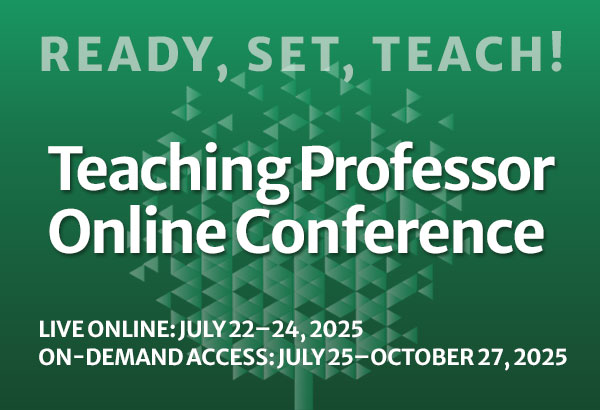
What Counts as Evidence of Effective Teaching?
Psychology programs at large, research-focused universities often ask me to provide an external evaluation for a faculty member on a teaching-track faculty who are being considered for tenure or promotion. I try to accept these invitations because I think it is vital that faculty who












